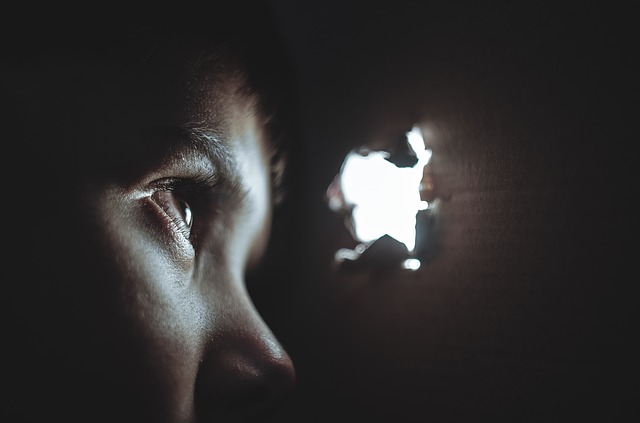Childhood Neglect Left Alone
Childhood Neglect can have serious impacts on a child. It can result in anxiety and depression, as well as antisocial tendencies and criminal activity. “Words are, of course, the most powerful drug used by mankind.”
―
Childhood Neglect
It is worth emphasizing here that not all parents are guilty of neglect. Still, any parent or guardian can benefit from looking at their parent styles to ensure that they do not inadvertently fall into this trap. Someone might believe that they are providing all their child needs, while actually withholding care that is crucial for their child’s overall development and wellbeing.
The types of Childhood Neglect are as follows:
- Physical
This is an easily identified form of neglect. In this case, a parent withholds basic needs of their child such as food, water, and shelter. - Medical
The child is kept from medical care, sometimes resulting in worsening illnesses and even death. - Supervisory
The caregiver fails to keep watch over the child. This can lead to the child coming to harm, or getting into unwanted situations that could easily have been avoided.
Childhood Neglect NO Support
- Environmental
Related to supervisory and physical neglect, this form occurs when the surroundings aren’t well cared for. Uncleanliness (which harbors pests and germs) and physically unsafe environments (like sharp objects lying around) are examples of this. - Educational
Failure to provide a child with a proper education. - Emotional
Depriving the child of healthy, secure, and nurturing bonds with their caregivers.
While neglect and abuse are different, they are related. An abusive caregiver will often exhibit neglect, as well. A passive-aggressive, controlling caregiver, for example, will likely be emotionally distant.
Keep away Secrets of Childhood Neglect.
You might wonder how this could possibly happen. Unfortunately, it may be the result of mental health issues of the caregiver, such as depression. On the other hand, some parents are unaware that providing superficial things such as toys and the best junk food are not enough. Even worse, some caregivers are deliberately harming their children for a variety of reasons.
Hidden
Childhood Neglect can be difficult to identify. Children are often reluctant to report neglect for fear of the caregiver (or even because they love them), and may even be unaware that it is neglect. However, it is important that if you, as an outsider see, any signs of neglect, you should report it to the relevant authorities.
The signs are dependent on the forms of neglect, but include:
- frequent or unexplained injuries
- fear of going home
- being frequently missing from school
- untreated illness
- lack of supervision
Going back to a previous point, a child or teen may seem, outwardly, to be fine; after all, they have “everything they want”: the best phone, the best clothes, etc. However, what is important to note is that while these things are good, what a child needs is to be and feel loved. A caregiver (especially a single parent) might be busy making ends meet, but without investment in the child’s needs, there will always be something crucial missing.
No one says raising a child is easy, but the whole person has to be cherished and nurtured.


